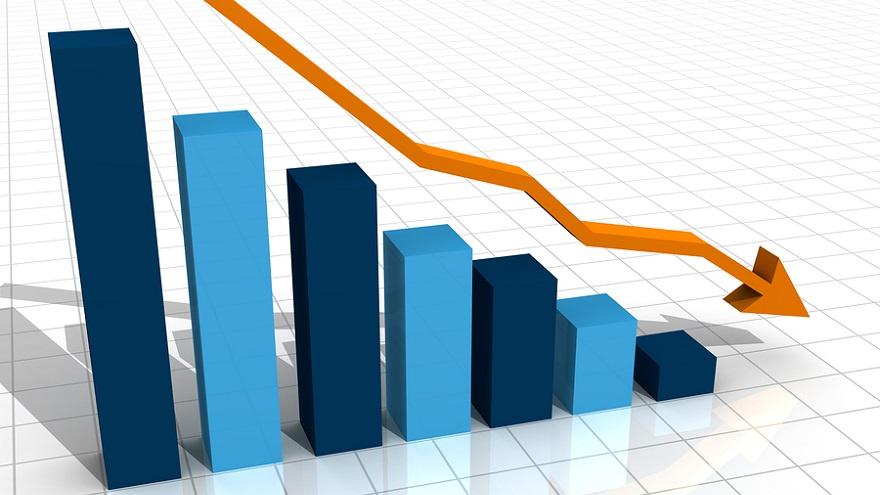Loan growth in Malaysia is likely to decline to 4.5% this year, mainly due to a further moderation in household loans, said Fitch Solutions Macro Research. In comparison, loan growth in 2018 was 5.6%. However, construction loans are likely to pick up over the next few months, which will help stabilise overall loan growth.
In a report, Fitch Solutions said the moderation in loan growth is likely approaching the trough over the coming months. “Loans to households, which are likely to still slow amid high indebtedness, would see a gentler pace of deceleration, especially as the disbursement of the RM37bil in tax refunds by the government will likely help support the segment.
Household credit growth
Credit growth in households makes up 57.8% of total loans. In the 12 months up to May 2019, overall loan growth was at 4.6%.

Construction sector credit growth
Malaysia’s construction sector is likely to benefit from the restarting of the China-backed ECRL as well as the revival of the Bandar Malaysia Transport Hub project.
While the ECRL has been renegotiated with a lower overall price tag of RM44bil, from RM66bil previously, its resumption is a tailwind for the construction sector.
Furthermore, the government has 11 road infrastructure projects in East Malaysia in the pipeline, including the Pan-Borneo Highway, which is estimated to cost RM29bil.
Work on the Pan-Borneo Highway has already begun, while work on most of the other projects is only planned to commence towards the end of 2019.

Agriculture credit growth
“We expect asset quality to remain under pressure on the back of a further increase in non-performing loans (NPLs) for credit issued towards the agriculture sector, although we do not expect any meaningful risks to financial stability to emerge over the coming months,” it said.
Fitch Solution elaborated that the NPLs from agricultural loans increased five-fold between March and April this year, from RM253.7mil to RM1.1bil.
This was likely due to Malaysia’s palm oil sector being hit hard by tumbling crude palm oil prices.
As of July 5, crude palm oil was RM2,166 per tonne, representing a 12.9% decline since January to RM1,944 per tonne.
Despite that, with overall NPLs ratio at 1.4%, asset quality remains strong and is unlikely to pose significant risks to financial stability over the coming quarters.

.jpeg)

_PH_Banner_(Desktop)(1200x180px).png)






.jpg)
.jpg)
.png)


.jpeg)
